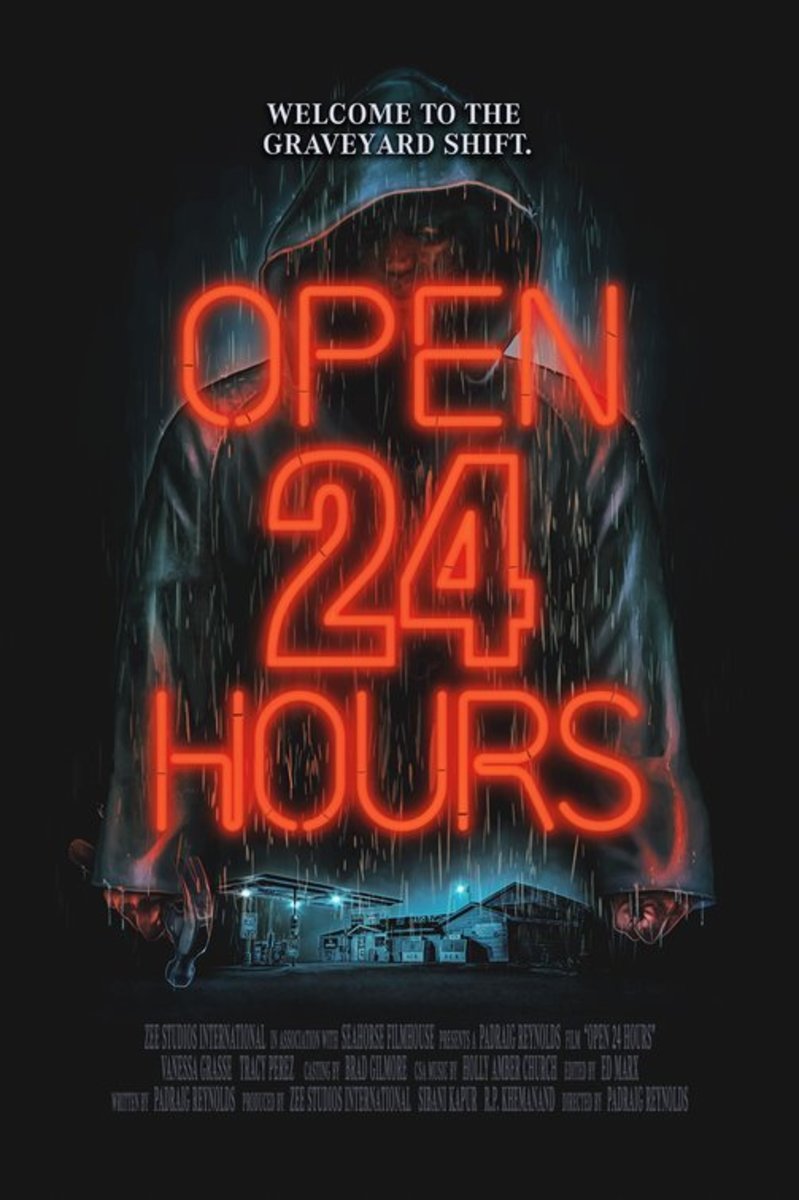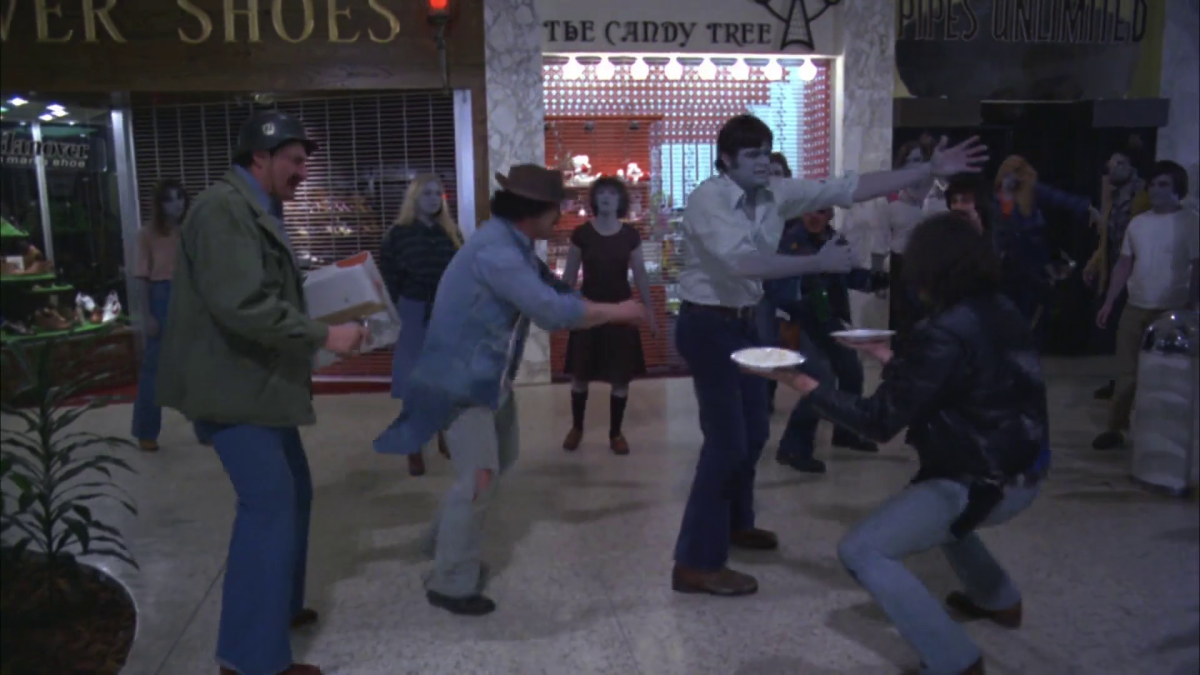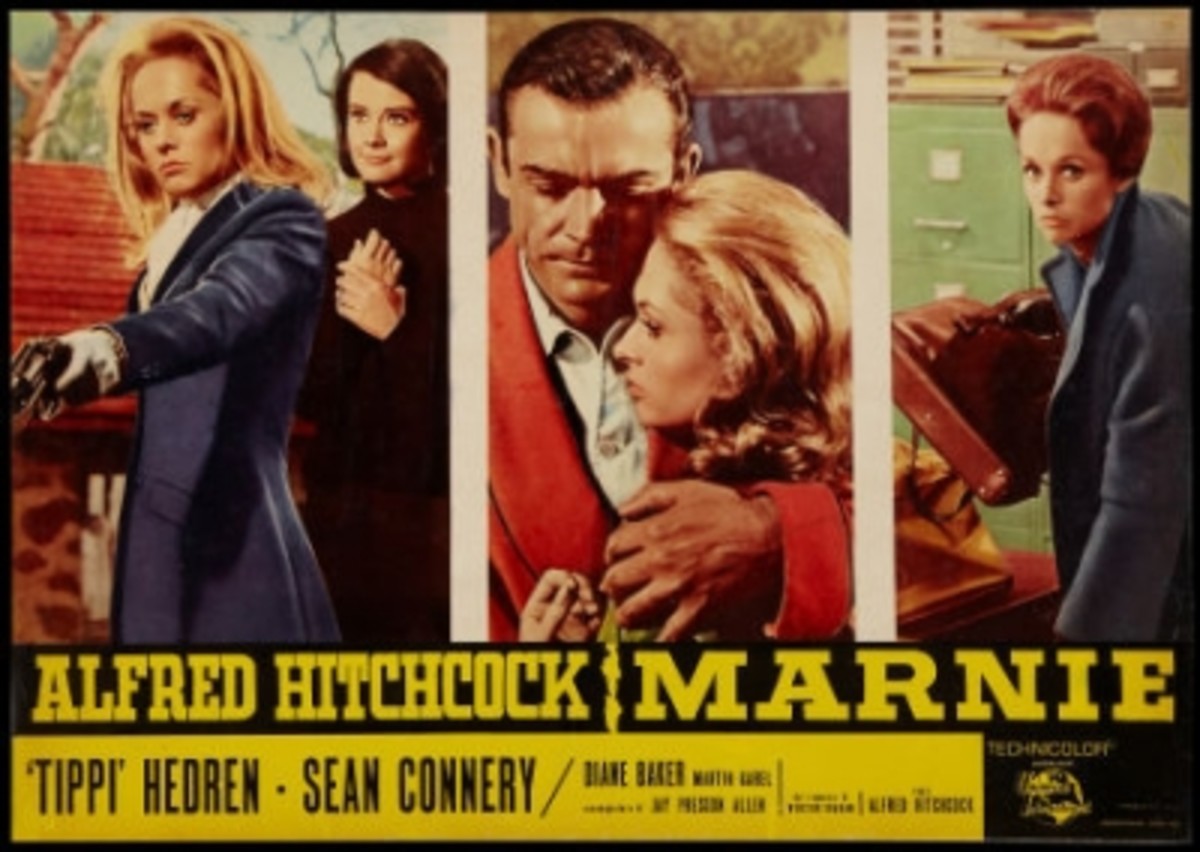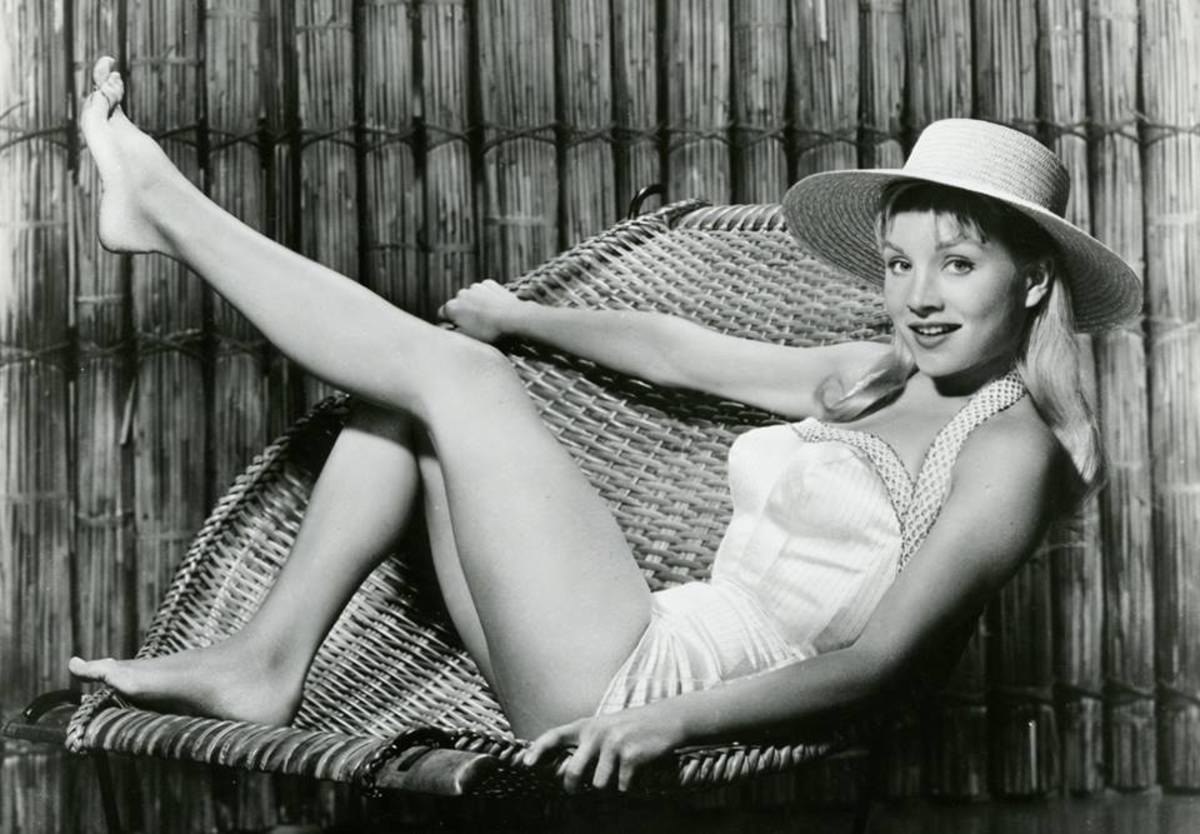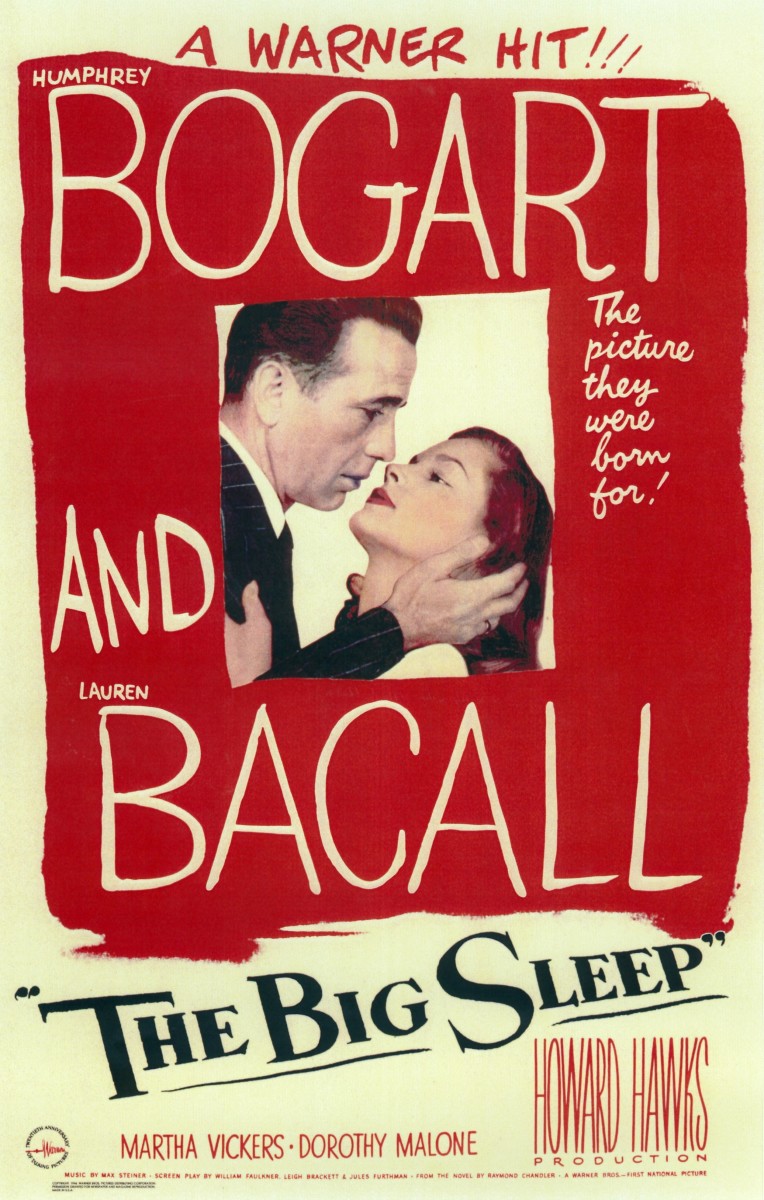Murder by Contract: A Movie Review
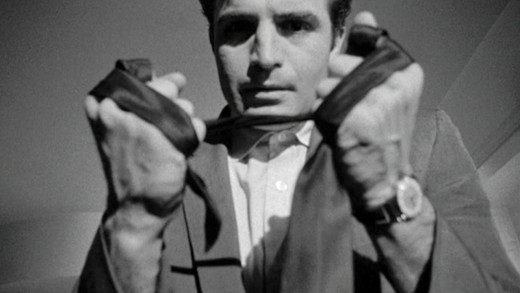
Murder by Contract (1958)
Friends, Murder by Contract is a good one, highly recommended.
I give this an 8/10, for a fun, briskly-paced, crime drama, anchored by a powerful performance by the quietly charismatic lead, Vince Edwards as Claude.
You know, like the previous film I reviewed, 5 Against the House, this film begins with a seemingly silly premise. However, quite unlike "5 Against...," Murder by Contract is superbly executed, in my opinion, after that.
You see, Claude is a nice, well-behaved, well-educated, middle-class guy, with law-abiding, middle-class values. He, of course, has a middle-class, professional-type job as a ... whatever... machine-type operator.
He offers his services as a hit-man to an ostensibly retired, east coast crime boss. The reason that Claude does this is because he wants to buy a house, a very beautiful, expensive house that he craves, and that he calculates would take him twenty-three years to save for working at his respectable middle-class job.
So, he wants to earn the money the fast way: by operating as a contract killer. Vince Edwards makes this movie, as he should since he is the titular character.
Claude is a fascinating character study, an interesting mixture of:
- Caution (Until the very end of the film, he never kills his victims with implements that are, in themselves, actually illegal; and he boasts about how he never writes anything down, which can come back to incriminate him).
- Precision (He plans all of his jobs very carefully. He makes the kill on his timetable. He does not allow the client to rush him).
- Coldness (He claims to be quite impersonal about the contract killing business. For him, killing for hire is just business; and his victims are just impersonal marks, barriers between him and what he wants --- the fancy house).
- A weird sort of discipline (He becomes a criminal as a means to a very specific end: to earn enough money to acquire the trappings of upper middle class respectability). One also gets the feeling that, if left to his own devices, Claude will have the discipline to stop killing, once he has achieved his goal of acquiring the desired bank balance. After all, his isn't the typical crazy person that becomes a killer.
Claude has a keen sort of criminal savvy, a world-weary cynicism. He's very good at "reading" people and all that. Nothing really seems to surprise him.
Beneath all of that Claude possesses a stunning naiveté. He seems to think that his underworld associates will simply allow him to leave the Life. There is no evidence that he grasps the fact that, from their perspective, he "knows too much."
He seems to think that he can back out of "jobs" at will, if he decides that the job is "jinxed," or he doesn't like the gender of the intended victim.
Anyway, Claude is a quiet, smart, subtle, intense guy, who effortlessly exudes cool. I found this dark, complex character to be likable and uniquely believable.
For example, I could imagine a sequel to this movie, titled something like "Contract Closed," in which Claude, indeed, retires, quite against the wishes of his underworld associates. I could see him killing off all the enforcers and hit-men sent to kill him in retaliation, for leaving the Life.
I am consciously avoiding saying too much about the plot, because I want you to see the movie and discover it for yourself.
Claude moves from the east coast to the west coast of the United States, as he gets a contract for a target in Los Angeles.
I really like the chemistry between Claude (Vince Edwards), George (Herschel Bernardi), and Marc (Phillip Pine). George and Marc are henchmen operatives of the crime lord in Los Angeles, someone called Brink. They are, in effect, placed at the disposal of Claude, as auxiliaries, helpers, assistants, so to speak.
The interaction of the three contains: tension, intimidation, suspicion, exasperation, bewilderment, humor, a gradual, grudging mutual admiration, and finally, lethal betrayal.
And finally, unlike "5 Against the House," the ending in "Murder by Contract" has integrity, in that it is true to the established motivation of the titular character.
Thank you for reading!


